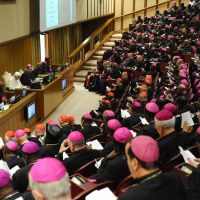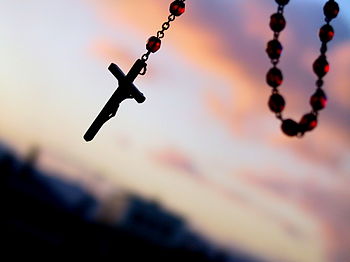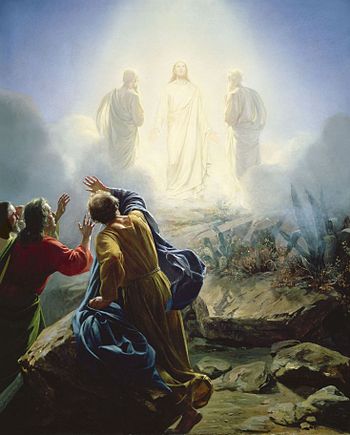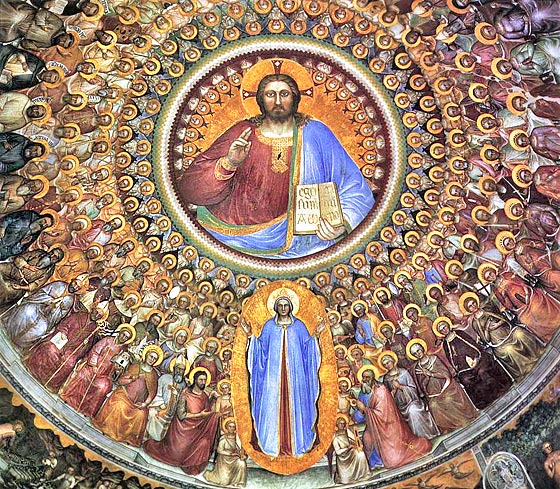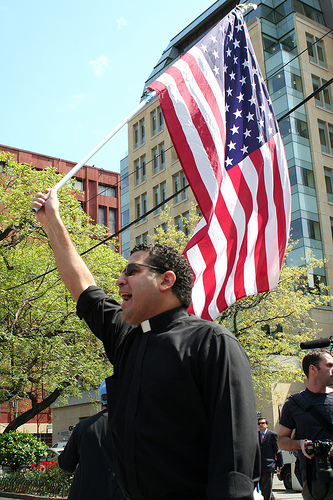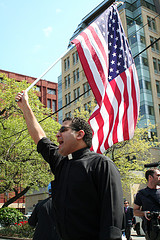One of my favorite self improvement blogs is LifeHacker. For those who don’t know, LifeHacker has interesting tips and tricks in all areas of life whether it be career, digital, health, finances, play, or family. They posted a link to a podcast featuring General Stanley McChrystal and his philosophy for success. He said that you have to continuously raise your standards every day. The LifeHacker article states:
You can almost always find something you’re able to improve about your life or your work. The important thing is that concept of eschewing comfort. Success doesn’t consist in finding the right routine to stick with for your whole life. Success comes from changing that routine constantly until your life is better.
This piece of military wisdom applies to so many areas of life. Let’s focus on using it to achieve success with rosary prayer and meditation. In my rosary SEAL post I wrote about how we grow spiritually when we accept the discomforts of rosary prayer and push ourselves to block out easier, but less effective, alternatives. From my experiences with software development I learned that routines lead to optimization. In other words, the more we do the same action over and over again, the faster and more efficient we become at it. That’s great when you want to blast through mundane tasks at work but not so great when it comes to rosary meditation. Becoming comfortable with the rosary is what leads to meditation autopilot, distractions, and less effective prayer.

Rosary meditation is not about speed. It’s about fostering your friendship with Jesus Christ. Are your best experiences with your friends the times when you are distracted and race through interactions with them? Probably not. My most cherished memories in my friendships involved long and deep conversations where I was actively engaged. The same goes for the time we spend in prayer with our friend, Jesus Christ. Our friendship with Jesus isn’t something static, but one that we should always be improving. That means treating each rosary prayer as something new and distinct from the previous rosaries. Yes, the actual prayers may be the same, but the dialogue with Jesus should be something unique because the circumstances you’re prayer under will be unique.
Here is an excerpt from John’s Gospel that should sound familiar since we read it a few weeks ago on May 10th:
This is My commandment, that you love one another, just as I have loved you. Greater love has no one than this, that one lay down his life for his friends. You are My friends if you do what I command you. No longer do I call you slaves, for the slave does not know what his master is doing; but I have called you friends, for all things that I have heard from My Father I have made known to you.
Always remember that Jesus considers us his friend. It’s important that friendship is never a one way street. Jesus has reached out to us but we need to reach out to him. And that means never taking the power of prayer for granted.

The Third Luminous Mystery of the rosary focuses on conversion and communicates a similar idea about never getting comfortable with a routine. What is conversion other than changing our routines until our life is better? Unfortunately, in our broken human state we never achieve a lasting success of living in God’s grace. It’s a process of falling to sin, receiving forgiveness, and striving to be better. No one on earth has ever obtained a lasting perfection in our human form and isn’t in need of some conversion (our Mother Mary excluded of course). When we meditate on this rosary mystery, let’s remember that there is always something more we can do to improve our friendship with Jesus whether it be praying longer, being more aware of the factors that lead us to sin, attending Adoration, receiving the sacraments more often, being more charitable, or just consciously centering more of our lives around Christ.
What are your comfort points with rosary prayer? What can you do to break through them?























